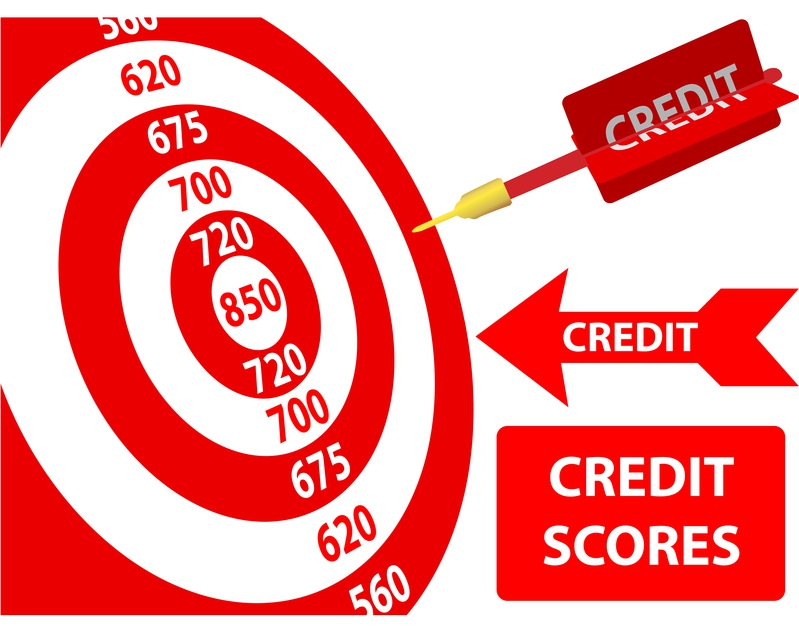Credit and Future: How Does Your Credit Score Affect Your Purchasing Power?
Posted by : Premraj | Posted on : Wednesday, April 25, 2018

Your credit score summarizes your financial history numerically. The score is obtained by use of an algorithm which puts into account crucial aspects such as the debt you hold, your payment history, the duration of credit history, the types of credit, and the loan applications made. Specific activities such as applying for numerous credits within a short period could affect your score negatively. The lower your credit score, the harder it becomes to receive certain services since a poor credit score affects your purchasing power. When it comes to loan application, especially a mortgage, your score will determine whether you get a high-interest or low-interest loan. That is, a higher credit score could go a long way in saving you thousands of dollars throughout your mortgage’s life. If you are still uncertain about the effects your score can have, here’s what you need to know.
Lower Credits Limits
During an application for a credit card, your credit score is used to assess how you have handled credit before. If the credit company finds out that you have a lower score, you may still get an approval, but you may end up getting a lower credit limit. For instance, instead of a $10,000 or $15,000 credit limit, you may end up getting a credit limit of $2,000. If you plan to make a huge purchase, you may end up using some of your cash to pay for it. Also, there are loans for people with low credit scores which you can use to improve your purchasing power.
Lenders Use Credit Scores
Your credit score makes it possible for the lender to get a picture of your ability to handle debt. Excellent credit scores often pose less risk to the lenders. Credit scores also help you as the borrower since these can be transferred from one city to another. For instance, if you are relocating to a different location, no lenders in your new location know about you. However, when you apply for a credit, your scores will help you to acquire the loan since the lenders can see the kind of borrower you are based on your ability to handle debts.
Denial
If your credit history reveals that you are a risky borrower, the lender will simply deny your loan, mortgage, or credit application. This may end up affecting your ability to acquire daily necessities such as grocery. Apart from that, every time you want to make a significant purchase, like a house, a car, or new furniture, you’ll need to save enough money to pay for the whole cost or make a deposit which the creditor feels will mitigate the risk associated with lending you money.
Since a low credit score can deny you access to certain services, a high credit score can present opportunities that you may not have imagined. Most people with high scores do not realize the benefits their scores present to them. For instance, higher credit scores make it possible for you to get a loan with low interests. On the other hand, low scores affect your purchasing power negatively, preventing you from accessing the goods and services you desire.
 SU
SU REDDIT
REDDIT







